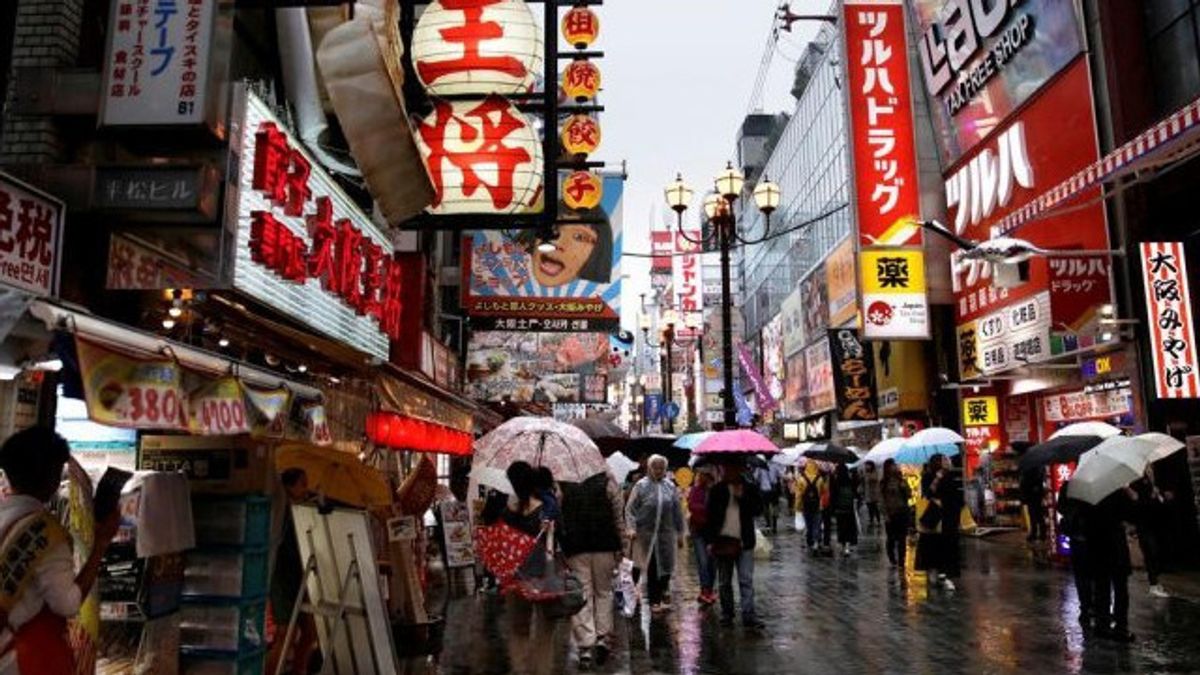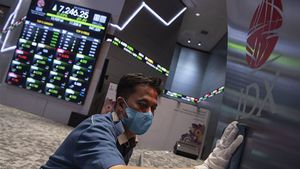JAKARTA - The Japanese government on Monday said that its country managed to escape the recession in the fourth quarter of 2023 with economic growth in October-December reaching 0.4 percent thanks to strong capital expenditures.
The real Gross Domestic Product (GDP) adapted to revised inflation rose from the previous report which fell 0.4 percent. This performance is a positive development for the Bank of Japan because the financial market estimates that the central bank will end its policy of negative interest rates in March or April.
Although the revised financial performance has become positive, Japan is still losing its status as the third-largest country in the world to be replaced by Germany in 2023.
The government also stated that the economy is recovering at a moderate pace. However, domestic demand, especially private consumption, is less strong because the increase in the price of daily goods has burdened households.
Then, private consumption contributed more than half of the economy, down 0.3 percent, bigger than the previous estimate of 0.2 percent. This indicates a decrease over three consecutive quarters with consumers not yet experiencing real wage growth due to the acceleration of inflation.
The weakening was also offset by capital expenditure growth which jumped by 2.0 percent, revised up from a decline of 0.1 percent.
"Technical recession is avertible and the Bank of Japan is likely to end its negative interest rate. But private consumption is weakened and the economy is likely to experience negative growth from January to March," said senior economist at Mitsubishi UFJ Research and Consulting, Shinichiro Kobayashi, as reported by Antara, Monday 11 March.
Technical recessions can occur, Kobayashi said, if the economy's performance contracts for two consecutive quarters. Economists also closely monitor how much Japanese companies will use money to invest in equipment to increase results and automation as well as related technologies to overcome labor shortages.
SEE ALSO:
Another important thing is the rate of wage growth this year which is an important factor in supporting consumption. According to economists, strong domestic demand is the key to achieving the BOJ inflation target of 2 percent combined with wage growth. The central bank is seen as moving away from its ultralonggar monetary policy.
This year's'shunto' wage negotiations are expected to provide strong results, but it will take time for consumers to feel the real benefits. We believe the economy is stalled and whether private consumption can survive until wage growth can be felt later this year will be a concern," Kobayashi added.
The English, Chinese, Japanese, Arabic, and French versions are automatically generated by the AI. So there may still be inaccuracies in translating, please always see Indonesian as our main language. (system supported by DigitalSiber.id)
















